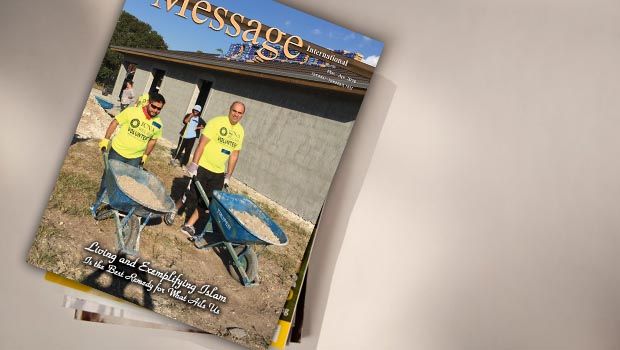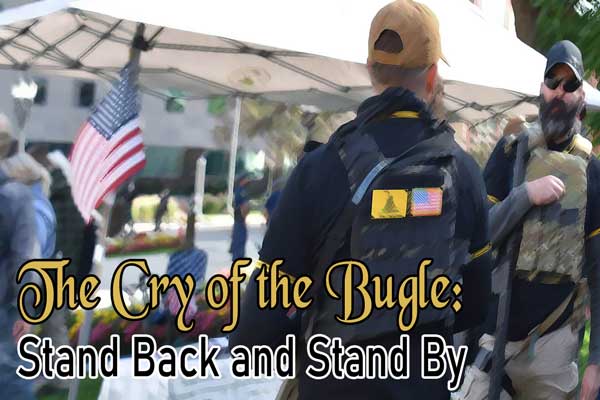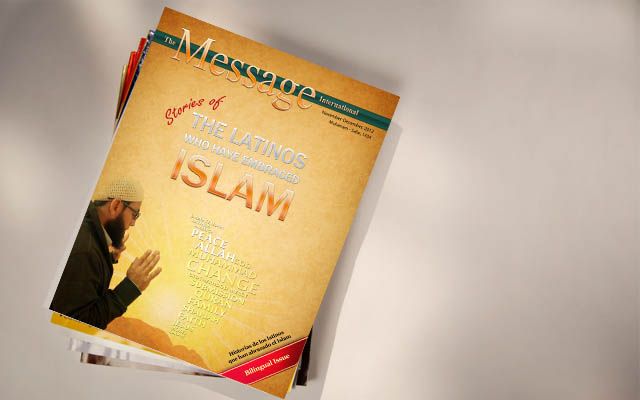“Have you ever been to a Muslim hospital? … Have you witnessed a Muslim charity? Can you show me one Muslim signature on the Constitution, Declaration of Independence, or Bill of Rights? Have you ever seen a Muslim do anything that contributes positively to the American way of life?” These were the exact words of a public statement made by a Michigan Republican National Committeeman not too long ago. This perspective is not unique, for we have heard a similar statement or narrative from other people as well. One may wonder if this is sheer ignorance or deliberate propaganda.
Today Muslims are on the front lines of campaigns to support social justice and end civil rights abuses
Recently, in the wake of the anti-Muslim statements made by Republican presidential candidate Donald Trump, the UK’s daily Guardian published an article providing a brief but compelling survey of contributions made by Muslims in shaping, developing, and serving America (google: the guardian, Muslims who shaped America). The article observes, “What Trump doesn’t seem to grasp is his own country’s history, and how many American achievements worth celebrating are the work of the kind of people – Muslims – he wants to keep out.” The article also commented that even a partial list of “some of the things Muslims have done for the US…is still more impressive than what Trump has done for his homeland.”
Did the author, Stuart Jeffries, overstate the case? Actually, no. He acknowledges that his list is far from exhaustive but it nonetheless shows that Muslims have been part of American society right from its inception. That story is not well-known, however, as Muslims in America have always been a minority. Nevertheless, Islam has been present and notable all along. Professor Richard Turner, for example, mentions that while researchers disagree over the number of Muslim slaves that were brought to the Americas, they agree that many Muslim slaves were educated and literate in Arabic and they “often occupied leadership roles in the jobs that slaves performed on plantations in the American South…Their names, dress, rituals, and dietary laws were perceived as powerful significations of Islamic identities in the slave community.” To name just a few, Bampett Muhammad was a soldier who fought for the Virginia Line between the years 1775 and 1783 under Commander-in-Chief of the Continental Army, George Washington, in the war against British colonialism. A North African Arab, Yusuf Ben Ali, also fought along with him. A Muslim American soldier, Peter Buckminster, is the man who killed British Major General John Pitcairn at the battle of Bunker Hill. Buckminster later changed his surname to Salem or Salaam.
There is evidence that founding fathers John Quincy Adams and Thomas Jefferson were quite familiar with Islam and possessed copies of the Holy Quran in their personal libraries. It is worth noting that Keith Ellison, the first Muslim elected to congress, used Jefferson’s nearly 250¬?year¬?old Quran to be sworn in on as a U.S. congressman. Many Americans don’t know that in 1777, Morocco, a Muslim nation, was the first country to formally recognize the United States as an independent nation. The vast majority of early Muslims present in the U.S. were Africans brought to this country as slaves in the 17th century. The next major wave of Muslims coming to America was in the mid-19th century through to the 1920s, with large numbers emigrating from the Middle East, mostly from Lebanon and Syria, many of whom settled in the American Midwest. Muslim immigrants, like all those who sought opportunity in America, settled in their new home, and established deep and sturdy roots for the generations to come. Achievements by Muslim Americans followed, and as proud citizens they contribute to American society as educators, doctors, engineers, athletes, lawmakers, and soldiers. Statistics provided by the American Medical Association indicate that ten percent of all American physicians are Muslim. Today Muslims are on the front lines of campaigns to support social justice and end civil rights abuses. Muslim charity groups in the United States are too numerous to catalog, though the Bay Area Islamic Networks Group, the UMMA Clinic in Los Angeles, the Chicago-based Inner-City Muslim Action Network, and Dearborn’s ACCESS are examples of groups that provide crucial services for the needy and empower the underprivileged. In 2013, the Muslim charity Helping Hand for Relief and Development (HHRD) was rated among the top ten charities in the United States.
In this issue we look at ways by which American Muslims are thoroughly engaged in further extending their contribution and service to their local communities and to this richly diverse nation. Striving for harmony in every aspect of life through Allah’s guidance, participating fully in civic life, realizing the essential connection between proper human assumption of trusteeship of this earth and the development of ethical character, and duly disseminating the reality about Islam’s call for moderation rather than extremism in any form – these are some of the areas in which American Muslims are demonstrating their commitment to assimilation. But this is qualified assimilation into the American fabric of daily life, one that does not compromise the Islamic principles and values that make the history and contemporary presence of Muslims in America a profound and inspiring story. We must celebrate this!






